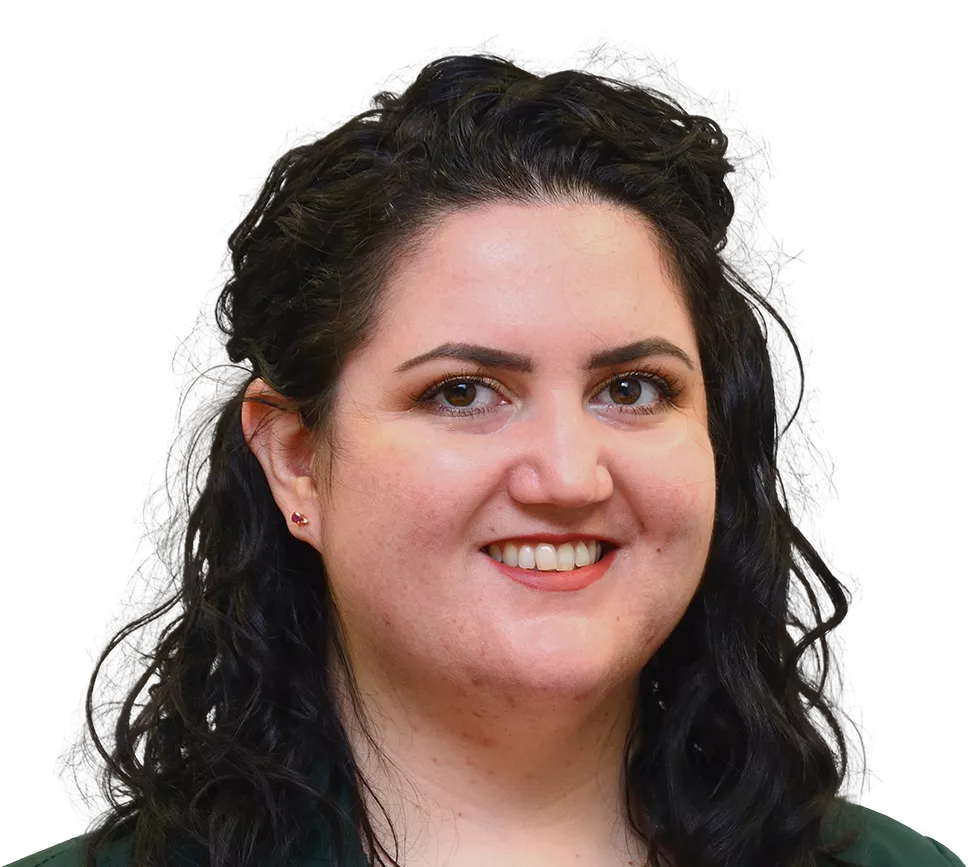

- Ph.D., Cognitive and Behavioral Sciences, Auburn University, 2020
- M.S., Psychology, Auburn University, 2016
- B.S., Psychology, James Madison University, 2012
- Diplomate of the American Board of Toxicology (DABT)
- Teaching Support, Faculty of Arts and Sciences, Harvard University, 2020–2021
- Society of Toxicology (SOT), 2015–present
- Society for Neuroscience (SFN), 2014
Dr. Arnold is a toxicologist with expertise in the evaluation of chemical exposures and their impacts on human health. This includes toxicological risk assessments of extractable and leachable substances from medical devices, consumer products, as well as pharmaceutical ingredients, excipients, and impurities. She uses her expertise in (Q)SAR in silico modelling to support these evaluations for regulatory submissions, as well as for litigation matters involving nitrosamines, perfluorinated compounds, phthalates, bisphenols, and organic peroxides. Dr. Arnold has over a decade's experience with cognitive and behavioral assays used to evaluate rodent models of neurodevelopmental disorders, such as Autism Spectrum Disorders. Her research background is in developmental neurotoxicity of metals, chemotherapeutics, maternal immune response, and maternal diet.
Prior to joining Exponent, Dr. Arnold held the position of Associate Toxicologist at Gradient, providing human health risk assessment consulting services from 2019 until 2021. Dr. Arnold earned her Ph.D. in Cognitive and Behavioral Sciences from Auburn University in 2020. Her doctoral work focused on developmental exposures and effects on neuromotor, learning, and memory in adult offspring. Her thesis work compared the effects of acute and chronic maternal immune activation during gestation on intradimensional shifts, extradimensional set-shifting, and working memory in adult offspring and attenuation by an immunomodulatory compound. In addition, she has served as instructor and provided teaching support for courses including psychopharmacology, research methods in social sciences, and psychology of learning at Auburn University and Harvard University.
